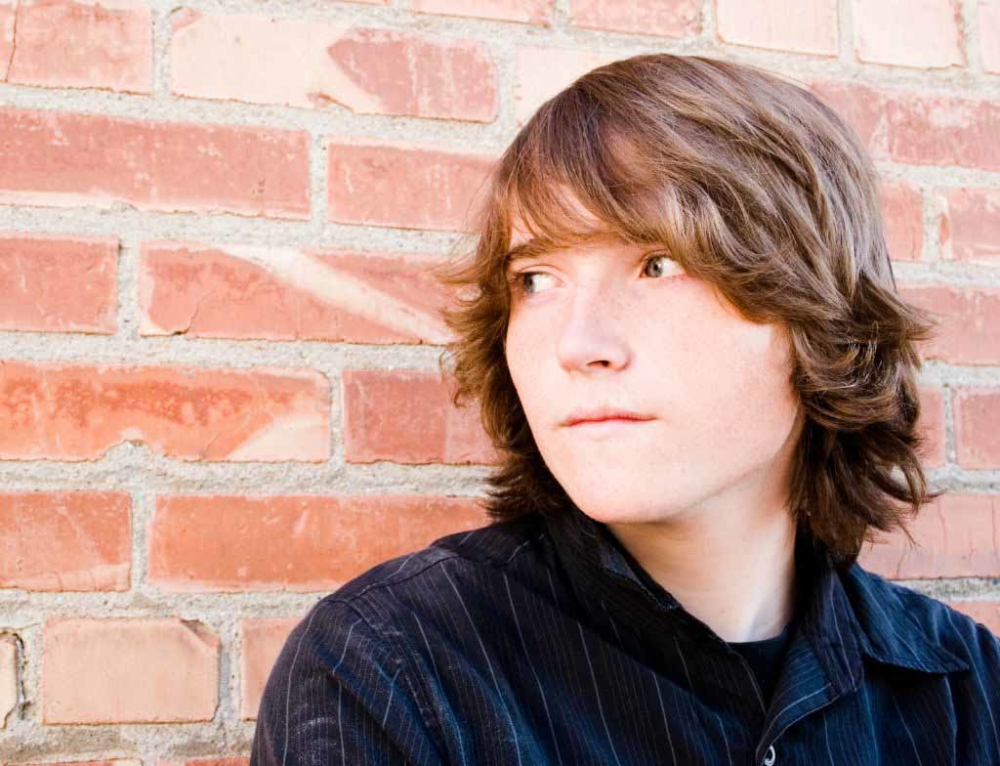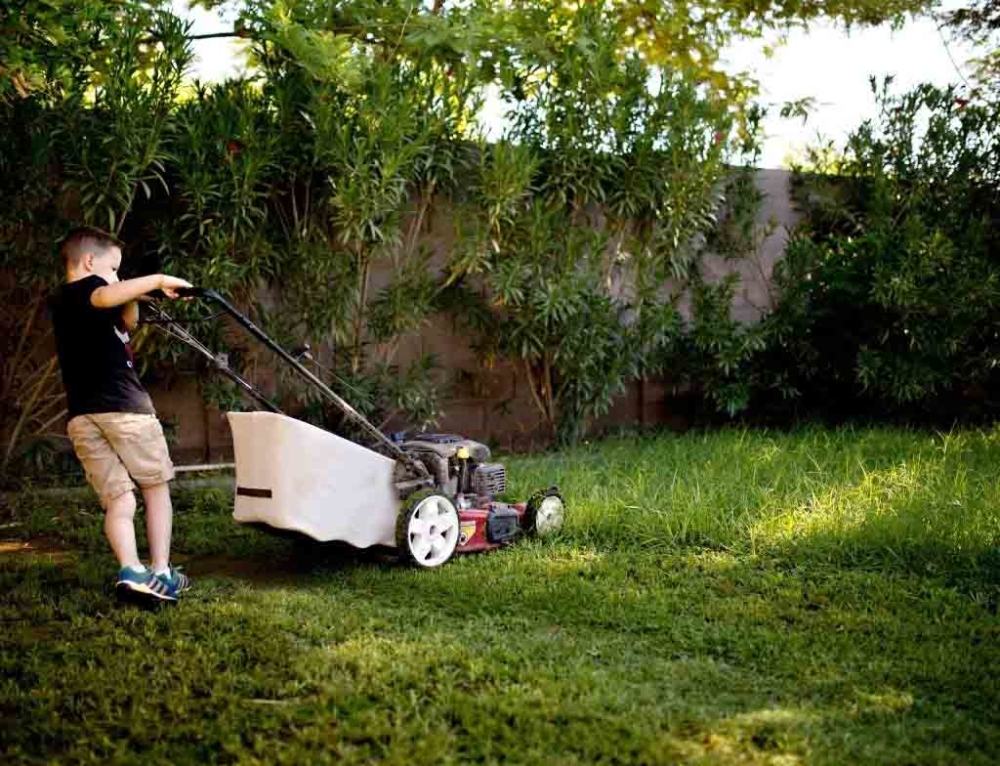While peer pressure can be a positive influence and help to challenge or motivate people to do their best, it can also result in kids doing stuff that may not fit with their model of what is right and wrong. Peer pressure can influence teens to do something they wouldn’t usually do or stop them from doing something they would like to do.
How to help teens overcome social pressures to drink alcohol
It is normal to want to feel liked and have a sense of belonging. This may be because we want to be accepted by our peers. Unfortunately, alcohol and teenage peer pressure increases with age as teens struggle to identify where they fit and the role alcohol plays in their social worlds.
Your teenager’s best protection from peer pressure is a strong and loving relationship with their parents. Parents can provide the security and the role models to help them through difficult times.
As significant as peer pressure is, other social pressures also need to be acknowledged, such as advertising and marketing, the role of alcohol in sport and, of course, celebrities behaving badly.
The influence of peer pressure steadily mounts throughout the teenage years and a child’s peers play an important role in helping shape their identities. Parents are, however, and always will be, the most important influence in their children’s lives. In fact, research shows that peer influence becomes stronger only when the parent/child relationship has broken down.
If you feel strongly about something, don’t be afraid to tell your teenager; it is important to have rules and boundaries. Parental disapproval is still a powerful influence – even when you become an adult.
Practical tips for parents
- It’s all about the relationship. The most powerful way to protect your child is through the power of your own relationship with them. If that’s healthy you shouldn’t need to worry. Parental values are stronger than peer influence at this age.
- Get to know their friends. You don’t necessarily need to like their friends, although it is helpful, but make sure you know who they are associating with. Try to have your teenager’s friends around so you can get to know them and what they are doing. If they like being at your place and with you, it’s a whole lot harder for them to ask your child to behave in ways that work against you.
- Enjoy your kids and their friends. When they are at your place, have fun with them. However, this does not mean that you become one of your teen’s friends. Make sure rules and boundaries are clear and that there are consequences if rules are broken. Your child and their friends will appreciate knowing exactly where they stand.
- Show an interest in your kid’s life. By showing an interest in the things your teen likes, even if you don’t like it (i.e their music), you are letting your child know that what they are doing is important to you. If the interest is genuine it will be even more powerful.
- Get to know your teen’s friends’ parents. This has the advantage of knowing where your kids are and who they’re with. It also means you are more likely to discuss a strong and united voice.
- Sort out issues quickly. If you have problems with their friends, clear these up privately, quickly and respectfully. Get them reflecting, especially if their mate has got them into trouble. For instance, you can say “I bet you were angry/upset when they made you do this. Do you think that a friend would do that to their mate? Would you do that to your friends?”
- Follow through with consequences if rules and boundaries have been broken. Your child needs to know that you mean business.
- Seek professional help. If things get too difficult speak to your GP about the problem and ask for a referral to a health professional with expertise in this area. This may be a child, adolescent or clinical psychologist. You could also talk to the school counsellor and let them know you need help.
This article was written for Kidspot and is based on an article originally posted on parenting.kidspot.com.au.
Read more:







Leave A Comment
You must be logged in to post a comment.